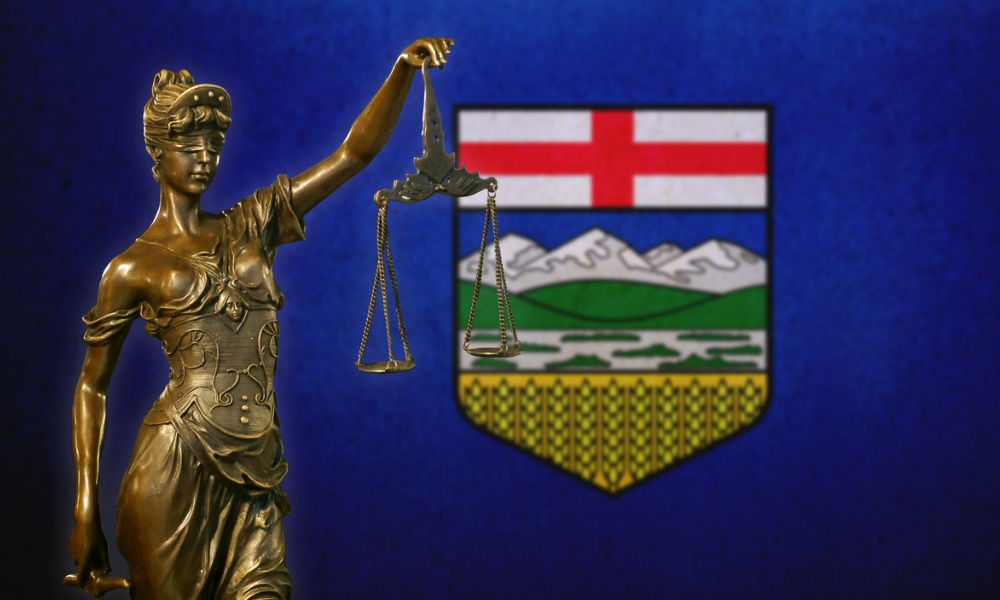The court is designed to connect accused individuals with their cultures and communities

Alberta's government, in collaboration with the Alberta Court of Justice and Indigenous communities, has launched a Healing to Wellness Court in St. Paul.
According to the government, this initiative aims to provide Indigenous people with access to a justice system that is responsive and culturally relevant, utilizing a restorative justice approach where appropriate.
The Alberta government supports the court by providing essential resources, including a designated Crown prosecutor and two judicial clerks. The Healing to Wellness Court is designed to connect accused individuals with their cultures and communities, fostering a restorative justice process.
"We honour the resilience of Indigenous Peoples and celebrate their many achievements and contributions. On National Indigenous People's Day, we reaffirm our government’s commitment to reconciliation. The St. Paul Healing to Wellness Court supports these commitments, and I look forward to what it will accomplish in the St. Paul community,” said Minister of Justice and Attorney General Mickey Amery.
Minister of Indigenous Relations Rick Wilson emphasized the importance of the new court as a step forward in reconciliation, providing Indigenous people in St. Paul with a program aligned with their beliefs, cultures, and traditions, and expressed gratitude to the community members and support agencies involved.
Chief Justice James Hunter of the Alberta Court of Justice noted the significance of Indigenous Courts, stating, "This court supports the development of Indigenous Courts to meet the needs of local Indigenous communities. Reparative and restorative courts like this one help repair the past and build a foundation for a more inclusive and just future, promoting lasting peace and understanding. This Healing to Wellness Court is based on traditional Indigenous principles that have been successful elsewhere in the province but tailored to meet the needs of Indigenous peoples living in and around the St. Paul area."
Justice Ivan Ladouceur explained that Indigenous Healing to Wellness Courts was developed in consultation with elders, rooted in ancient Indigenous knowledge, and aimed to use traditional ceremonies and culture to reduce offenders' criminogenic behaviours.
The Healing to Wellness Court will convene on the second and fourth Friday of every month at the St. Paul courthouse. An eagle feather will be available during the administration of oaths, and smudging ceremonies can be requested. The court will develop healing plans with the assistance of Indigenous community support agencies to help reintegrate offenders into the community and reconnect them with their Indigenous heritage. Completing a healing plan may result in a ceremony where charges could be withdrawn, or sentences adjusted based on the offender's progress.
The court will address offences approved by the Crown or referred to the court, excluding serious crimes such as sexual violence, homicide, aggravated assault, and robbery. Individuals can be accepted into the court at either the pre-plea or post-plea stage of their criminal proceedings
The St. Paul Healing to Wellness Court will be supported by dedicated justices experienced in Indigenous restorative justice, a designated Crown prosecutor, Indigenous legal counsel, restorative justice peacemakers, traditional knowledge keepers, Indigenous court workers, community support agencies, a judicial clerk, and a document clerk.










